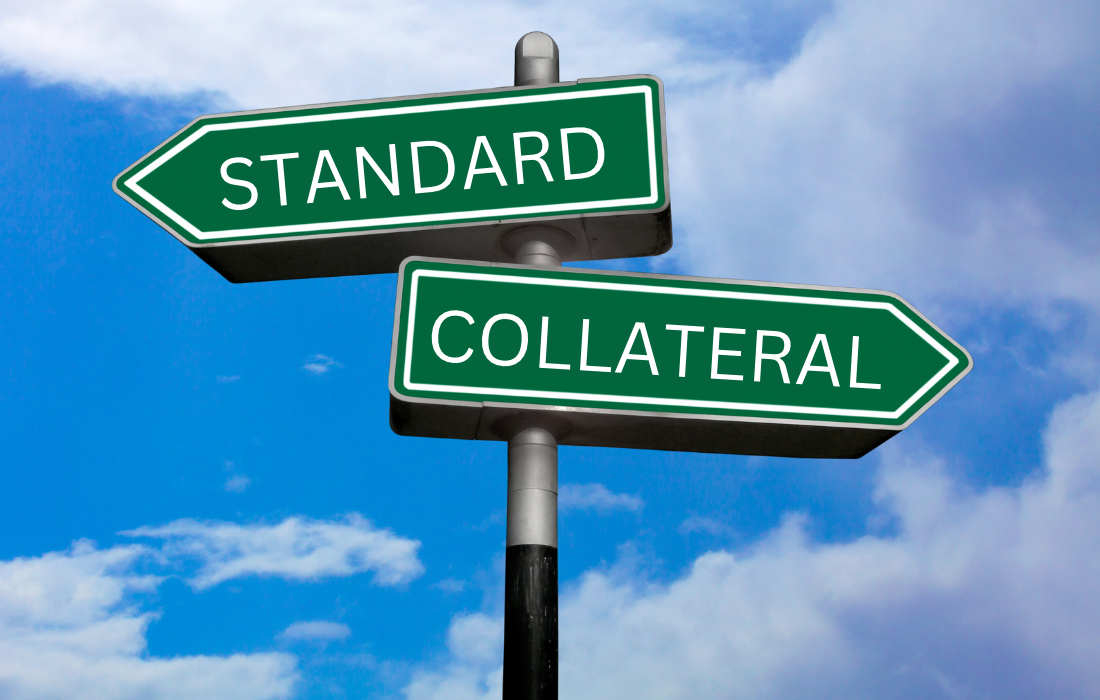Standard vs Collateral Charge Mortgage
🕛 3 minute read
Collateral charge mortgages and standard charge mortgages are two types of mortgages available to homeowners. It’s important to understand the differences between these two mortgage types and choose the one that best fits your needs.
A standard charge mortgage is a traditional mortgage where the lender holds a security interest in your property until it is fully paid off. This type of mortgage gives you the ability to move to another lender at renewal without incurring legal fees, and add a second mortgage or line of credit if needed. However, a standard charge cannot be borrowed against without establishing a new charge, and it decreases as the mortgage balance decreases.
A collateral charge mortgage is similar to a standard mortgage, but the lender has the right to take any other assets pledged as collateral in case of default, in addition to your property. This type of mortgage is readvanceable, meaning you can re-borrow against the charge on the title up to the approved amount. It is also easier to access equity with your existing lender as the mortgage is registered for up to 125% of your home’s appraised value. However, collateral charge mortgages can limit your options at renewal, making it difficult to switch to a new lender, and can encompass any debt that you have with the lender, including defaulted loans. Standard charges cannot be called in by the lender unless the mortgage is in default, whereas a collateral charge can be demanded by the lender at any point during the loan term.
In summary, a standard charge mortgage gives you more flexibility and the ability to move to another lender, but a collateral charge mortgage offers easier access to equity. Consider your long-term goals, future needs, and preferences to determine which type of mortgage is right for you.
Pros of Collateral Charge Mortgages:
- Easy access to equity through readvanceable feature
- No legal fees for accessing equity
Cons of Collateral Charge Mortgages:
- Limited options at renewal and difficult to switch to another lender
- Can encompass any debt with the lender, including defaulted loans
Pros of Standard Charge Mortgages:
- Flexibility to move to another lender at renewal without incurring legal fees
- Option to add a second mortgage or line of credit
Cons of Standard Charge Mortgages:
- Cannot be borrowed against without establishing a new charge
- Decreases as mortgage balance decreases
To determine which type of mortgage is right for you, get in touch and I can help you navigate the complexities of choosing between a standard or collateral charge mortgage.
Subscribe to receive monthly Home, Lifestyle & Economic News here.
